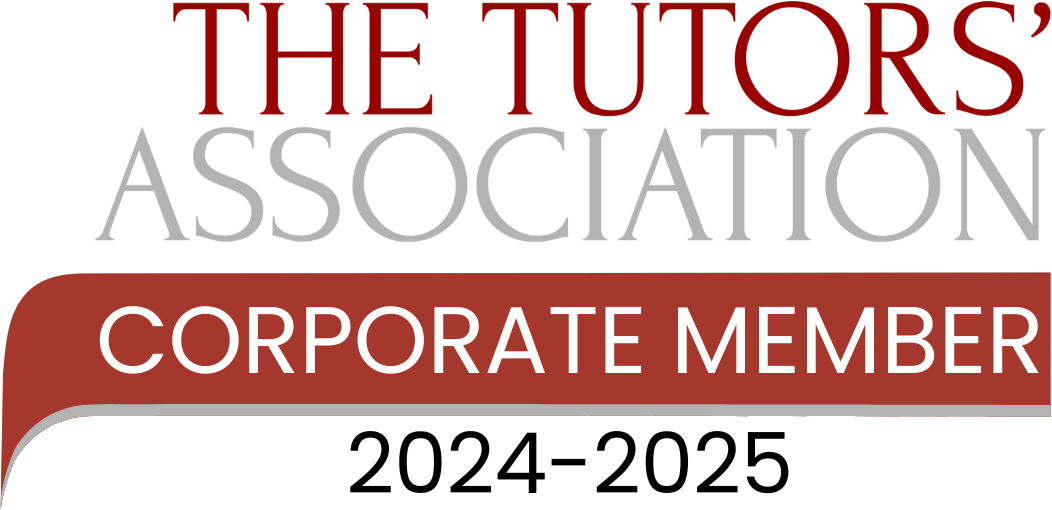
Bright GCSE Students Struggle at A Level
68% of high-achieving GCSE students report struggling with the transition to A Levels. This isn’t a small adjustment period – it’s a fundamental shift that catches even the brightest students completely unprepared.
Last month, I spoke with Lisa from Suffolk. Her son had sailed through GCSEs without breaking a sweat. Two months into Year 12, he was failing everything and talking about dropping out. “I don’t understand,” she said. “He’s always been academic. What changed?”
Everything changed.
And that’s precisely the problem.
Why A Levels Are Not Just Harder GCSEs
The Independence Gap
At GCSE, teachers provide:
- Step-by-step revision guides
- Clear mark schemes
- Regular homework that covers everything needed
- Explicit instruction on what to learn
At A Level, students receive:
- 15 taught hours per week (down from 25)
- Expectation to self-study 20+ hours weekly
- Vague guidance like “read around the subject”
- Assumption they know how to identify knowledge gaps
Your child is essentially expected to become their own teacher overnight. Nobody teaches them how.
The Thinking Revolution
We can see the jump in expectations when we compare the types of questions students are expected to answer. For example, a GCSE question might ask a student to: “Describe the causes of World War One”, while an A Level question asks: “To what extent was nationalism the primary destabilising force in Europe between 1870-1914?”
One requires memory. The other requires sophisticated analysis, evaluation, and synthesis. These are completely different cognitive skills – and schools assume students will somehow develop them independently.
The Time Management Crisis
Here’s the maths that shocks parents:
- GCSE: 25 taught hours + 5 homework hours = 30 total
- A Level: 15 taught hours + 20 independent study hours = 35 total
But those 20 independent hours? Students must plan them, execute them, and evaluate their effectiveness themselves. Most waste 15 of those hours on ineffective study because nobody taught them how to learn independently.
How We Support Students Through This Transition
After supporting hundreds of students through this crucial period, we’ve developed an approach that truly helps. We’re responding and adapting to each student’s individual needs rather than following a prescriptive formula, because this is what works.
The reality of tutoring is that every student arrives at a different starting point, with their own unique challenges, learning style, and pace. What works brilliantly for one student might need adjusting for another. So whilst we find it helpful to think about the support journey in phases, we’re constantly tailoring our approach.
Early weeks: Understanding where things stand We begin by identifying exactly where the gaps are—not just in subject knowledge, but crucially in study skills. This diagnostic phase helps us understand what support will be most valuable.
Building foundations: Developing essential skills As we work together, students learn how to break down complex questions systematically, create effective study schedules, identify their own knowledge gaps, and use past papers diagnostically rather than just for practice. The timeline for this varies hugely depending on the student.
Growing confidence: Towards independence Over time, students develop the tools and confidence to navigate A Levels successfully. Some reach this point quickly; others need longer. We stay responsive to where they are rather than where a plan says they “should” be.
Zack's Story: From Crisis to Confidence
Last October, Zack was getting low marks in Economics and Maths. He’d given up.
In November, we started working together—not just teaching content, but teaching him how to learn at A Level.
By January, he achieved a B in Economics and a D in Maths.
The difference wasn’t intelligence—he was always clever. The difference was having someone teach him the hidden skills schools assume students already have, adapting the support to exactly what he needed as we went along.
The November Window
With mock exams approaching, November is crucial. Early intervention prevents confidence damage from poor mock results, stops bad study habits becoming entrenched, and avoids the January crisis so many families face.
Students who get support now typically improve by two grades within six weeks.
Your Next Step
Your bright child isn’t failing. They’re navigating a system that expects skills nobody taught them. With the right support—tailored to their individual needs—they can thrive.
Every parent wants to see their child succeed, but knowing how to help can feel overwhelming. You don’t have to figure this out alone.
In just 20 minutes, I can help you understand exactly what your child needs to thrive academically and give you a clear action plan to make it happen.
Book your free 20-minute consultation with me:
tidycal.com/m2p4dd3/20-minute-meeting
With warm wishes,
Claire Meadows-Smith
Founder & Head Tutor
The Community Schools
Your Trusted Tutoring Partner



